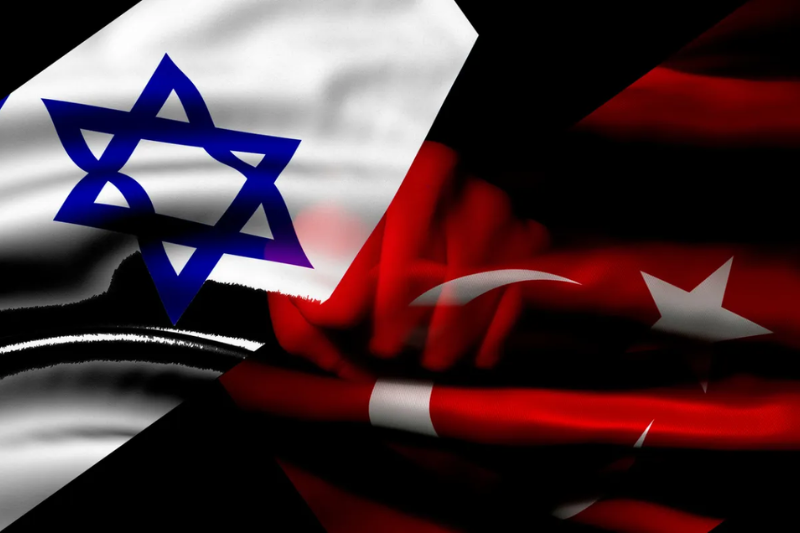
Turkey vs. Israel: Competing Ambitions Redraw Middle Eastern Politics
Recep Tayyip Erdoğan of Turkey and Benjamin Netanyahu of Israel the two of the big faces of the Middle East are playing important roles in reshaping the Middle East. Both of the leaders are pursuing bold ambitions for regional dominance.
Turkish President Erdoğan sees the fall of the Assad regime in Syria as an opportunity to expand Turkey’s influence. By supporting Islamist groups like Hayat Tahrir al-Sham (HTS), Turkey has bolstered its strategic position while addressing domestic challenges, including weakening Kurdish forces and reducing the refugee crisis. Erdoğan’s vision includes reviving Turkish influence reminiscent of the Ottoman Empire, but this faces resistance from Arab nations wary of Turkey’s Islamist alliances.
Israeli Prime Minister Netanyahu is focused on strengthening Israel’s position through territorial expansion and countering regional threats. Following recent military actions in Syria and beyond, Netanyahu has emphasized Israel’s readiness to reshape borders in its favor, citing historical agreements like the Sykes-Picot division. With strong U.S. support, Netanyahu’s government is also prepared to confront Iran and its proxies, despite the risks of escalating tensions.
Keep Reading
Both Erdoğan and Netanyahu face hurdles in their quests for dominance. As non-Arab leaders, Turkey and Israel struggle to gain trust in the predominantly Arab Middle East. Economic challenges, including Turkey’s inflation crisis and Israel’s small population base, further limit their influence.
Syria remains a potential flashpoint for conflict, with regional powers, including Saudi Arabia and the Gulf states, also pursuing their interests. While Saudi Arabia’s focus on hosting the 2034 World Cup reflects a softer power strategy, its alliances and decisions could shape the region’s future more profoundly than military actions.
The Middle East stands at a crossroads, with competing visions and powerful actors vying to define its trajectory. How these ambitions unfold will determine the region’s stability and its relationships with the broader world.




